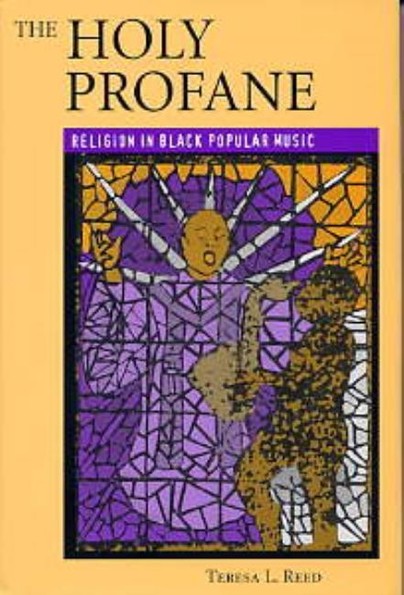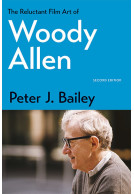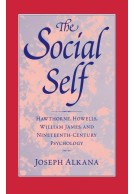The Holy Profane (Hardback)
Religion in Black Popular Music
Imprint: University Press of Kentucky
Pages: 200
Illustrations: photos
ISBN: 9780813122557
Published: 1st November 2004
Script Academic & Professional
Pages: 200
Illustrations: photos
ISBN: 9780813122557
Published: 1st November 2004
Script Academic & Professional
Please note this book may be printed for your order so despatch times may be slightly longer than usual.
You'll be £32.00 closer to your next £10.00 credit when you purchase The Holy Profane. What's this?
+£4.99 UK Delivery or free UK delivery if order is over £40
(click here for international delivery rates)
Need a currency converter? Check XE.com for live rates
(click here for international delivery rates)
Need a currency converter? Check XE.com for live rates
Winner of the 2004 ARSC Award for Best Research in Recorded Rock, Rhythm & Blues or Soul, The Holy Profane explores the strong presence of religion in the secular music of twentieth-century African American artists as diverse as Rosetta Tharpe, Sam Cooke, Stevie Wonder, Marvin Gaye, Earth, Wind & Fire, and Tupac Shakur. Analyzing lyrics and the historical contexts which shaped those lyrics, Teresa L. Reed examines the link between West-African musical and religious culture and the way African Americans convey religious sentiment in styles such as the blues, rhythm and blues, soul, funk, and gangsta rap. She looks at Pentecostalism and black secular music, minstrelsy and its portrayal of black religion, the black church, "crossing over" from gospel to R&B, images of the black preacher, and the salience of God in the rap of Tupac Shakur.
Traditionally, west European culture has drawn distinct divisions between the secular and the sacred in music. Liturgical music belongs in church, not on pop radio, and artists who fuse the two are guilty of sacrilege. In the West-African worldview, however, both music and the divine permeate every imaginable part of life -- so much so that concepts like sacred and secular were entirely foreign to African slaves arriving in the colonies. The Western influence on African Americans eventually resulted in more polarization between these two musical forms, and black musicians who grew up singing in church were often lamented as hellbound once they found popular success. Even these artists, however, never completely left behind their West-African musical ancestry. Reed's exploration of this trend in African American music connects the work of today's artists to their West-African ancestry -- a tradition that over two-hundred years of Western influence could not completely stamp out.
Other titles in University Press of Kentucky...















